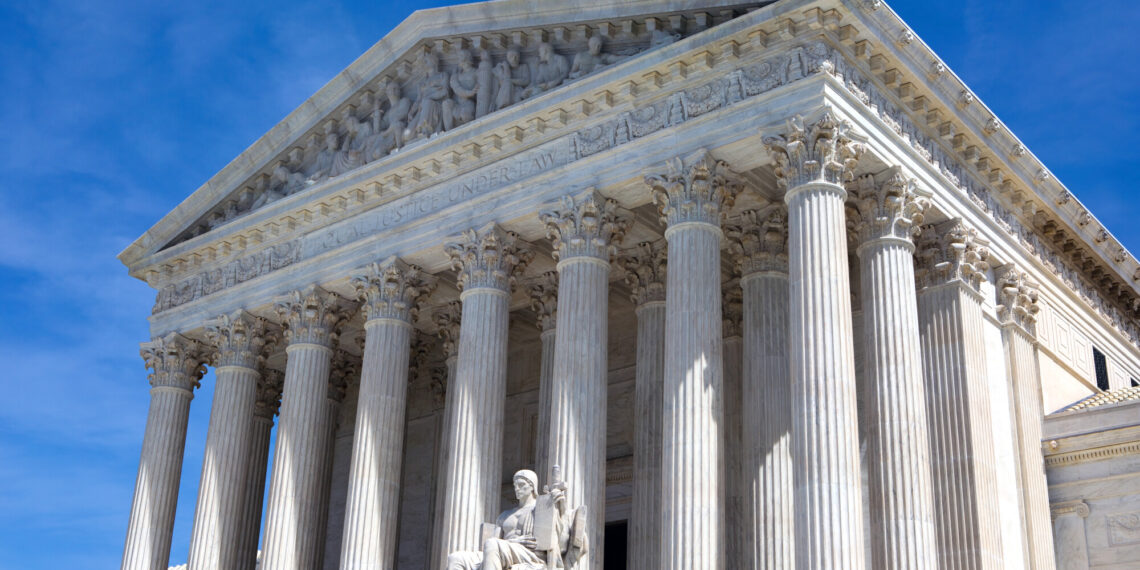[ad_1]
Last week, the U.S. Supreme Court issued a decision that doesn’t address employment law directly, but it certainly does indirectly. Labor lawyers in particular need to watch this.

In Axon Enterprises v. FTC, the Court unanimously held that plaintiffs could bring federal court challenges to the constitutionality of SEC and FTC procedures before the administrative procedures were exhausted. The opinion, written by Justice Elena Kagan, says the “challenges are fundamental, even existential.” The plaintiffs claim the agencies’ internal adjudication processes are contrary to constitutional separation of powers principles.
The Securities and Exchange Commission and the Federal Trade Commission, like many administrative agencies, operate what amounts to an internal court system. The agencies can investigate cases, bring prosecutions before administrative law judges working for the agencies, and hear appeals from the ALJ decisions. It is not until all three of these stages are complete that the target of their enforcement actions can get into a federal court. Not surprisingly, the agencies usually win.
In this case, the plaintiffs contend that the way the ALJs are employed is unconstitutional. ALJs can be removed “only for good cause” as determined by the Merit Systems Protection Board, a civil service process. MSPB members can be removed only by a Presidential decision finding “neglect of duty” or “malfeasance.”
In addition, and perhaps more importantly, one of the plaintiffs contends that the fact that the agency both prosecutes and adjudicates cases is unconstitutional. Some management-side labor lawyers have for years wanted to challenge the fact that the National Labor Relations Board can investigate, prosecute, adjudicate, and hear appeals, all within the agency.
In the Supreme Court case, the agencies maintained that the only way to bring such challenges was to go through the entire administrative adjudication process, which of course takes years and is very expensive. The Court—by a 9-0 vote—said “nope, you can go straight into federal district court” and use the usual federal court process to bring these challenges. This decision doesn’t resolve the cases. It permits the cases to proceed. This is a Very Big Deal.
The federal courts have been reining in the executive branch administrative agencies in many recent decisions, using the “major questions” doctrine and suggesting plaintiffs use the “non-delegation” doctrine. Several Supreme Court justices have made it clear they are prepared to reverse longstanding case law instructing the lower courts to defer to administrative agency decisions. In short, the federal courts are asserting their authority as the proper adjudicators of cases.
The legal principles behind these decisions aren’t going to generate headlines. Most people, including many lawyers, tend not to pay attention to such things. And the wheels of the judicial system grind ever so slowly. But what is happening is a fundamental realignment of power among the three branches of the federal government. The courts are telling Congress to do its job—good luck with that—and telling administrative agencies they can’t make things up as they go along. As importantly, lawyers representing businesses and individuals are learning how to challenge the conventional wisdom and longstanding legal precedents that give great power to the administrative agencies. We are going to see much more of this.
[ad_2]




